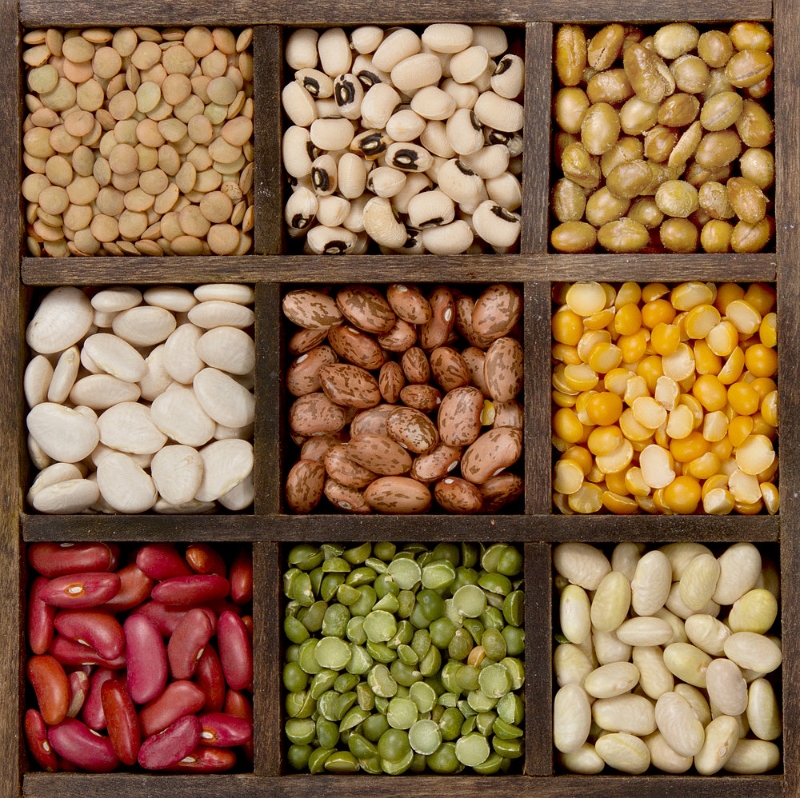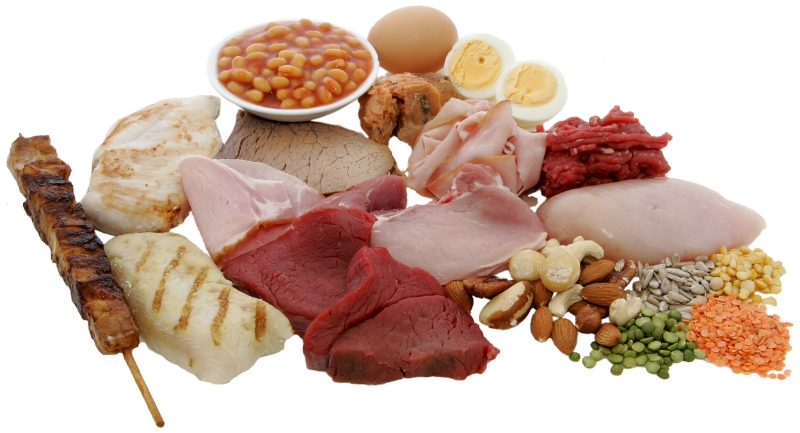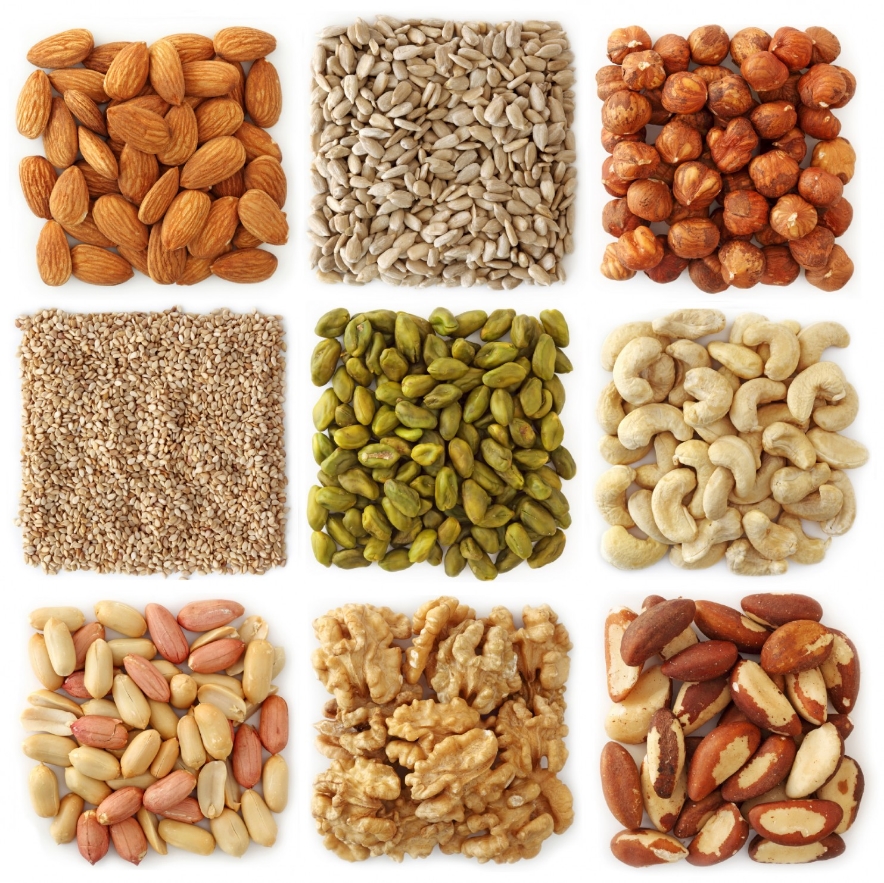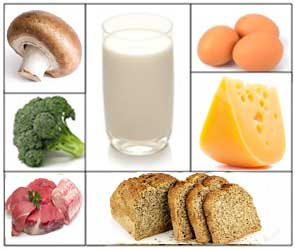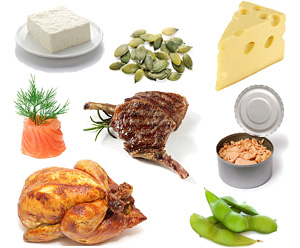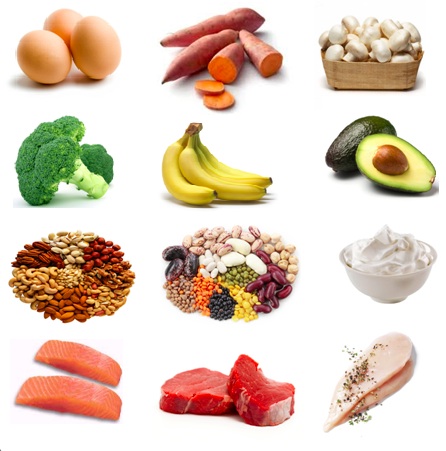Natural Energy
/Energy is important.
It's how our bodies function. There is an entire industry of products and techniques designed to help people obtain more energy. Apparently, a lot of us are either struggling with low energy or feel as though we want more energy to get through our day.
In biochem speak our body's energy source is ATP. Harken back to your biology class days and see if you can remember hearing the term 'cellular respiration.' Cellular respiration is the process (or rather series of processes) that allows our bodies to produce ATP. I'm not going to throw a bunch of charts your way, there are plenty of text books that can do that, but I am going to briefly explain the difference between helping your body create more energy and tricking your body into believing it's not tired.
Basically, I'm going to talk about the difference between Caffeine and B-Vitamins.
I like coffee a lot and I consume it regularly. I've even chatted up its benefits multiple times before, such as here and here.
I absolutely believe that coffee can be a part of a healthy diet. Not surprisingly, though, that statement comes with several caveats and the need to understand exactly what coffee (or any other source of caffeine) is doing to your body.
So, let's back up and quickly revisit the science stuff.
The main piece of information that I want to impart to you is this:
Caffeine does not actually provide your body with energy. It prevents your brain from receiving signals that it is tired.
In our brains, caffeine passes into the central nervous system and actually blocks the uptake of adenosine. Adenosine is a chemical messenger (known as a neurotransmitter). Primarily, Adenosine sends the message that we are tired or sleepy. By preventing this transmission, our brains are tricked into thinking that we are not tired. Which means that we are not actually helping our body make more ATP, we are simply "turning off" (if you will) our sensation of drowsiness. That's not to say that caffeine doesn't do other good things. It also affects our dopamine, serotonin, norepinephrin, and acetylcholine— all of which are also important neurotransmitters, often associated with our mood. That is why caffeine has been shown to relieve depression and improve alertness and muscle activity, even in the well rested. Still, this should make it clear that caffeine should not be used simply as a substitution for quality sleep. Caffeine can certainly be abused and you are not doing your body any favors by attempting to fool it into not feeling tired when you truly need rest. In moderation, however, caffeine can have real benefits.
It is important to mention that not all caffeine sources are created equal. For example, caffeine pills can be extremely dangerous. High doses consumed quickly can cause heart palpitations or worse. Soda and energy drinks are absolute junk full of chemicals that are extremely unhealthy. Plus, some energy drinks have astronomical amounts of caffeine. Potentially dangerous levels. Coffee, tea, and raw cacao (along with other natural food sources) are certainly the best options. Be aware that different types of coffee and tea vary widely in their caffeine amount. For example, cold brewed coffee contains more caffeine than traditional brewing. Even different mega coffee chains swing wildly in their drip coffee's amount of caffeine. Also, if you're going the coffee route, try to buy organic and socially conscious brands. Coffee is one of those foods that can be harvested in really poor ways, from spraying tons of pesticides, destroying rainforest, paying terrible wages and processing with chemical flavorings. Brands that don't do these things will tell you.
Since it is not realistic to track all the milligrams of caffeine you are consuming each day (although having a rough idea by understanding how may cups of coffee you drink, for example, is a great idea), understanding it in the context of your body is a great approach.
For me, this means making a conscious choice to not consume coffee every day. I switch it up with green tea on days that I am well rested. It means feeling in my body if I am consuming caffeine to feel good or consuming caffeine to not feel bad. Those are two different things. If we become addicted to caffeine and truly 'need' it everyday, it means we feel poorly without it (often regardless of our sleep). I don't want to feel that way. If I consume a moderate amount of caffeine I want to then feel really great. I also try to keep an eye on times when I am using caffeine to get through a busy work week and recognize that I can consume more coffee for a few days, but then I need to make time for some quality self-care that includes adequate sleep. It's not always easy, but it is important for our overall wellbeing to not use caffeine as a permanent crutch.
And that is the Caffeine Side of Things.
If caffeine doesn't actually help our bodies make more ATP, our cells main energy source, what does?
In the process of cellular respiration, there are 3 different cycles that happen: Glycolysis, Citric Acid Cycle (aka. Krebs Cycle, aka. TCA Cycle...I know...it's silly) and the Electron Transfer Chain. You can nerd out on those cycles if you wish, but instead of delving deep into biology on this post, let's just say that at the end we get 36 ATP and within those cycles a number of co-factors play their part. Many of these co-factors are co-enzymes that are made from B-Vitamins. FAD and FADH are coenzymes that are made from B2, also called Riboflavin. NAD and NADH are coenzymes made from B3, also called Niacin. Those coenzymes are absolutely key to the whole process and you will see them pop up all over charts that explain cellular respiration. Other B vitamins play big roles too that contribute to the formation of ATP. B1 is essential to carbohydrate metabolism. B6 is necessary for amino acid (protein) and fatty acid (fat) metabolism. In addition to B vitamins, CoQ10 is another vitamin that is essential in cellular respiration.
All of this is to say, that there is another approach for optimizing your energy that actually gets to the heart of the issue. In this case, the release of our bodies' energy source: ATP.
What do we do with this knowledge?
We consume food sources of the nutrients that play key roles in the release of ATP.
Food Sources
Here's a few examples of food sources with high amounts of B vitamins. (CoQ10 is listed too). I put the name that you are most likely to see used on packages first, with the less common name in parenthesis. Some are generally referred to by their number, others their name.
B1 (Thiamin): Beans and legumes, nuts and seeds, seaweed, brewers yeast, egg yolk, bran wheat, fish, meat, asparagus
B2 (Riboflavin): Dairy, eggs, meat, legumes, leafy greens, mushrooms, almonds
Niacin (B3): Fish, meats, grains, seeds, legumes, mushrooms
B5 (Pantothenic Acid): Organ meats, dark meat turkey and chicken, brewers yeast , nuts and seeds, corn, avocado, sweet potato
B6 (Pyridoxine): Meats, whole grains, legumes, nuts, avocado, blackstrap molasses
Biotin (B7): Liver, eggs, soybeans, brewers yeast, fish
Folate (B9): Beans and legumes, liver, beets, cauliflower, green vegetables
B12 (Cobalamin): Liver, meats , seafood, dairy, eggs, seaweed
CoQ10 (Ubiquinone): Meat, poultry, fish, soy beans, nuts, fruit, vegetables, eggs and dairy products.
The take away should certainly be that eating a varied whole-foods diet is best.
Meats, fish, eggs, dairy, beans and legumes, leafy greens, nuts and seeds, other vegetables and even some fruits are all important sources of B vitamins.
Another option is supplementing with a B-Complex vitamin. I especially recommend this for clients who are attempting to eliminate caffeine from their diets. It will really help with the transition period. A B-Complex is usually a better alternative to supplementing just one B vitamin as all of these vitamins work in tandem. And as always, make sure to buy quality supplements. Vitamins are not well regulated so many cheap varieties at convenience stores have been found to not actually contain the vitamins they claim, and even if they do, they often use less bioavailable forms of vitamins and lots of additives that are actually detrimental to our bodies. Go for professional grade lines and vitamins made from whole foods. For help with supplementation see a nutritionist. To work with me, check out my Work With Me page.

